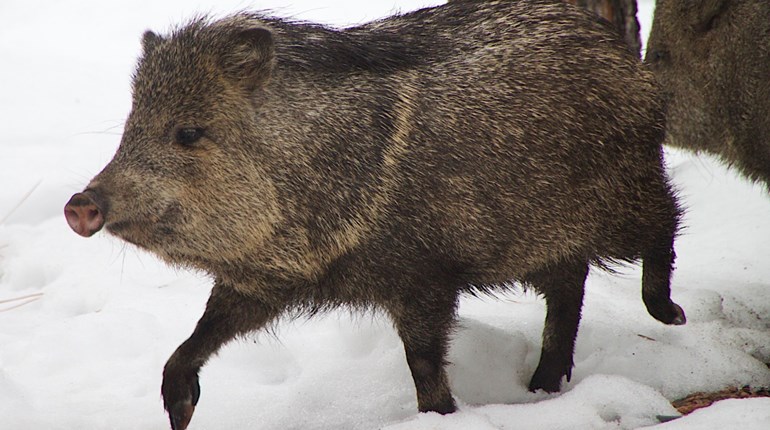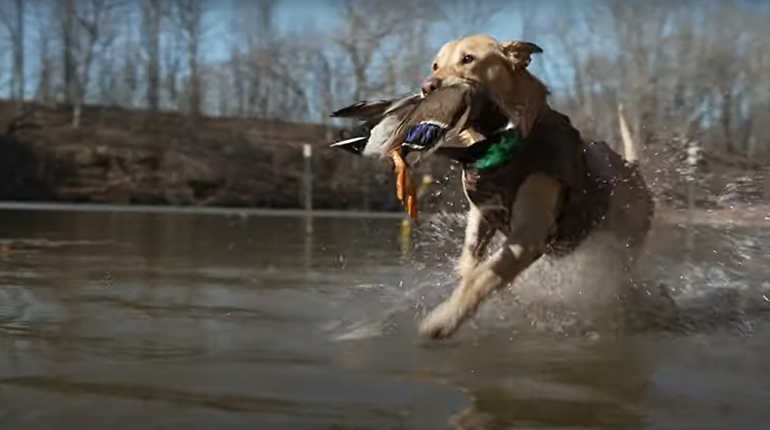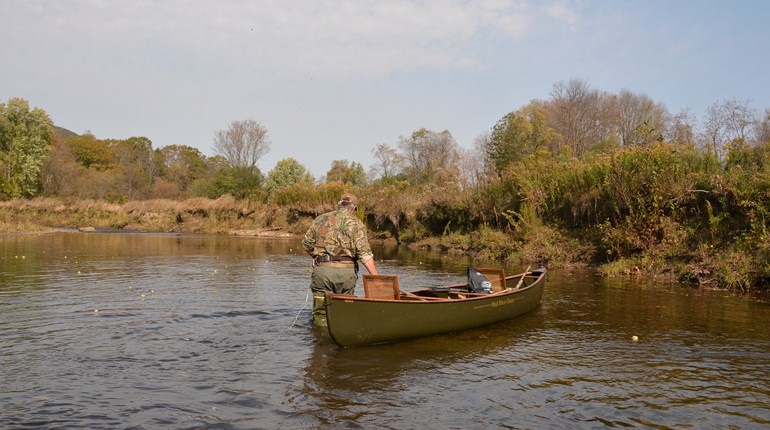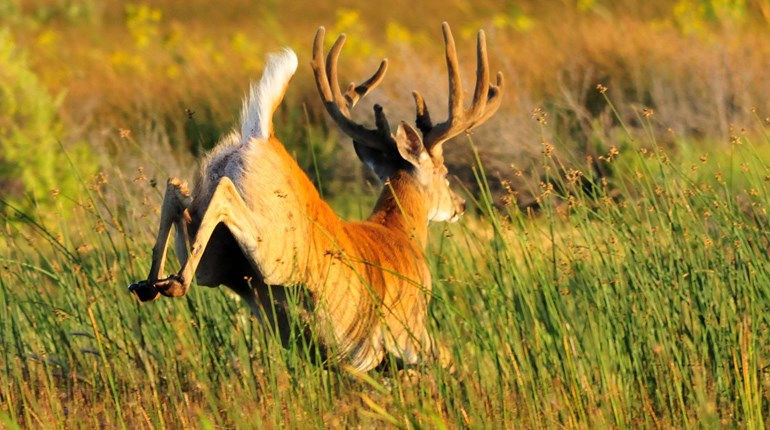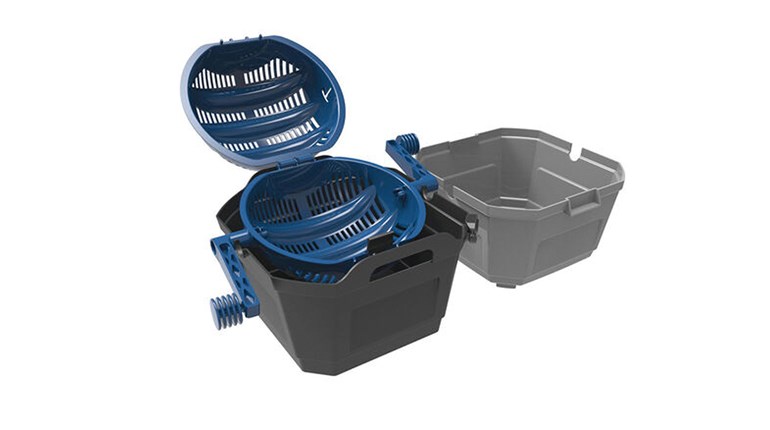
With passage in the House and Senate, the Agriculture Act of 2014—commonly known as the Farm Bill—has all but been signed into law. Delta Waterfowl, Ducks Unlimited, and Pheasants Forever are among the groups urging President Obama to sign it into law. Here are the key ways that the bill benefits waterfowl, upland birds and other grassland- and wetland-dependent wildlife.
Reauthorizes Conservation Reserve Program (CRP)
The bill reauthorizes CRP, which provides financial incentives to farmers to essentially farm their best land while leaving the rest as cover habitat. Any CRP acres are better than none, but the program is weakened: By 2018 the acreage cap is 24 million acres, 8 million fewer than afforded by the 2008 Farm Bill.
Re-links conservation compliance to crop insurance
Farmers who drain wetlands will once again risk losing their crop insurance. According to Delta Waterfowl, this conserves about 1.375 million critical wetlands in South Dakota, North Dakota and Montana alone. The U.S. Fish and Wildlife Service estimates that region involves about 1.4 million breeding pairs of ducks—32 percent of North America's entire breeding population.
Creates regional "Sodsaver" program
"Sodsaver" protects the nation's last remaining native prairies—vital to many upland species and nesting waterfowl—in the very states where they're most threatened: South Dakota, North Dakota, Minnesota, Iowa, Montana and Nebraska.
Continues Voluntary Public Access and Habitat Incentive Program ("Open Fields")
Operated by state fish and wildlife agencies, this program improves hunter-access through such initiatives as Montana's "block management" and North Dakota's "Private Lands Open to Sportsmen." Funds of $40 million were approved through 2018.
Creates new Agricultural Conservation Easement Program
The priorities of which include targeting wetland and grassland easements.
Three hard-fought years led to the Farm Bill's passage. It remains a controversial piece of legislation, even dividing sportsmen to some degree. However, when faced with the conservation components, one would have a hard time arguing that the bill isn't of vast benefit to ducks and upland birds.












